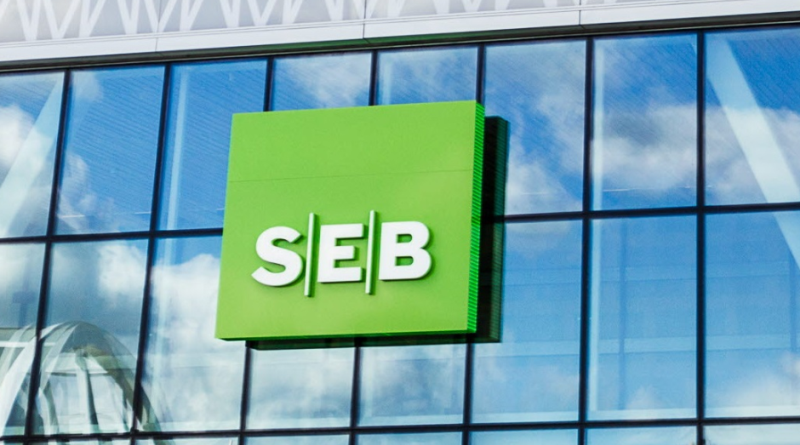SEB Launches Global Fund Investing Only in Sustainable Companies
Northern European financial services company SEB announced the launch of the SEB Global Sustainable Companies Fund, a new index-linked global fund investing only in companies that are classified as “sustainable,” while aiming to generate a return and risk profile in line with its underlying benchmark.
Classified as Article 9 under the EU’s SFDR regulation, the new fund will target only investments that contribute to environmental and social sustainability or avoid doing significant damage to those goals, investing in companies compatible with the EU Taxonomy or contributing to the UN Sustainable Development Goals (SDGs).
“We see that the interest in index-linked funds is increasing at the same time as there is a demand for so-called Article 9 funds, with sustainable investments as a goal.”
The fund will utilize the MSCI World Net Return Index as its benchmark, investing in approximately 500 of the index’ 1,500 companies across 20 countries in developed markets, and using a systematic and rule-driven model to limit deviation from the benchmark.
According to SEB, as the market stands at the moment, the fund’s current carbon intensity is approximately 50% lower than that of its benchmark index.
Natasha Kubát, Portfolio Manager at SEB said:
“We are proud of this fund, which has sustainability as its goal , while at the same time providing good global diversification. We can take into account many sustainability parameters such as greenhouse gas emissions, consideration of the UN’s goals for sustainable development and compatibility with the environmental goals within the EU’s taxonomy at the same time.”
Martin Rydell, Head of Index & Solutions at SEB, added:
“We have developed a cost-effective fund that provides access to our entire sustainability model, which will simultaneously generate a return and risk profile that is in line with the benchmark.”
Source: esgtoday.com




